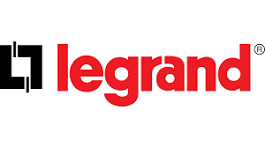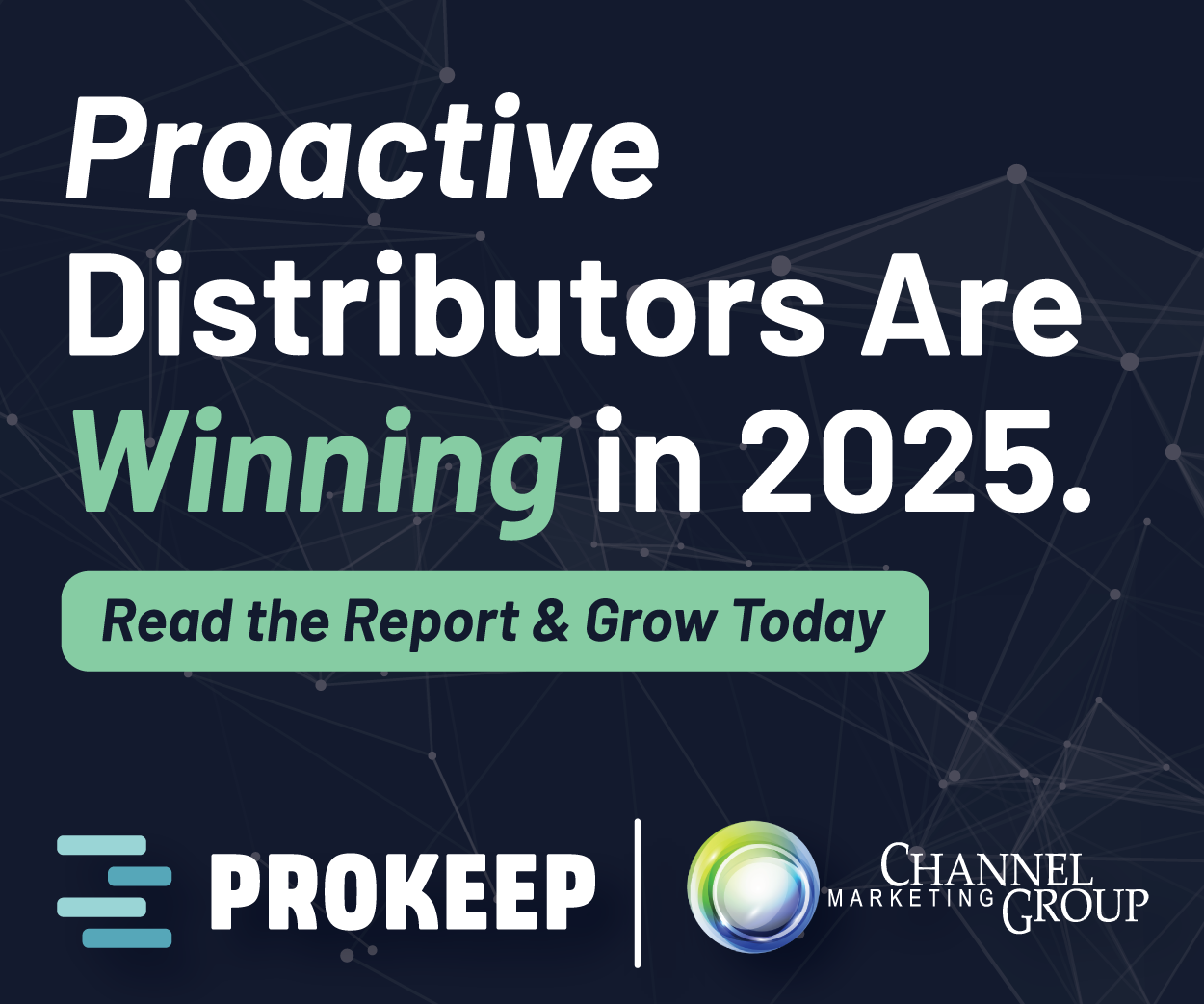Acquisition Activity Ramps Up in early Sept. 3 Electrical Distributors and 2 Agents
 With summer, and Q3, coming to a close, what better time for electrical industry acquisition activity to ramp up.
With summer, and Q3, coming to a close, what better time for electrical industry acquisition activity to ramp up.
And while each company has its own rationale for why it did the deal, each represents an idea that could be an opportunity for others.
Sonepar Acquires Summit
The big deal over the past few weeks is Sonepar acquiring Summit Electric.
Summit was about a $700 million distributor last year, hence a pretty good size acquisition for Sonepar but, given Sonepar’s size, not a stretch. So far this year Sonepar has made five acquisitions accounting for about $1.8 billion in 2023 sales (Madison Electric, Standard Electric, Electric Supply Center, Echo Electric and now Summit.)
Some thoughts about this deal:
- Summit had some different / unique divisions, which is not unusual for an opportunistic independent distributor. They had an international division while also serving the marine market. The industrial also served the EPC market, which has a heavy presence in the Houston area, with many of these companies having business in the Middle East. If influenced in the US, perhaps it stays as a US business, or perhaps it is a sales entity here and execution by Sonepar divisions elsewhere?
- The acquisition expands Sonepar’s reach into New Mexico and provides additional locations in Arizona (where Sonepar ‘s OneSource has a Yuma location, and QED has a number of locations.) Any consolidation of brands would be determined based upon business focus and, more importantly, the switchgear line.
- Speaking of switchgear line, this is most likely why Summit will not transition to the Crawford brand. Sonepar will now represent over $2 billion in Texas and by having a two branded strategy and being able to offer at least two brands of distribution equipment, gives them more opportunities. They question becomes, whom do the manufacturer(s) favor? A Sonepar brand or someone else?
- Summit had SAP as its operating system. Expect changes to occur over the next year or two.
- Feedback from the marketplace is that Summit’s senior management team was “ripe” for change. Over the years there have been frequent personnel changes of industry veterans. Some commented on personnel turnover and that there are some key salespeople who “control” significant portions of the business based upon relationships in Texas. Some shared that they presume that this was an estate planning / succession planning decision by Vic Jury, who founded the company along with his father and David Meredith 47 years ago, almost to the day of the sale.
- One universal comment related to Sheila Hernandez with a number of people commenting that she is a truly nice person and a mainstay of the company.
Given whom some of the people are on the Summit Board of Directors (one being a former leader of a quasi-national, another being an industry consultant), some question if this could generate interest by others as people suspect them to have “inside information”
A nice pick-up for Sonepar.
Cape Electric Diversifies into Utility, a Second Derivative Graybar Acquisition
Cape Electric Supply, which is owned by Graybar as part of its North American Subsidiaries group (of which there are 12 companies), acquired a small utility distributor, Power Supply Company. Power Supply, based in Chattanooga, TN, founded 25 years ago, is a one location distributor.
For those not too familiar with Cape Electric, the company is diversified. Along with servicing the construction and industrial markets, the company also has other business in the utility segment as well as the data com market. It even has some lighting showrooms! Geographically the business is focused in tertiary, and some secondary, markets. They also have a unique business called CESIntegration which provides packaged temporary power to job sites.
This is an example of what we’ve called the “second derivative” approach where Graybar enables its subsidiaries to make an acquisition to grow the subsidiary. Presumably Graybar is bringing the M&A expertise, as well as approving the financing, whereas the subsidiary is driving their strategy.
And here’s the takeaway for others … the utility market.
While Cape already had access to some utility lines, everyone knows that 1) the utility market is consistent and 2) it is primed to grow (at different rates based upon geography.) This is the continuation of a diversity play that also supports the scalability of the business.
Granite City Expands It’s Vermont Footprint
Late last month, Granite City Electric Supply acquired a small distributor, Barre Electric & Lighting Supply. This one location distributor, in Barre, VT was a small asset acquisition. Given how Green Mountain has acquired so many small distributors in northern New England it was surprising to hear that one remained!
So, why does a leading independent distributor acquire a small distributor? Two reasons:
- A geographic niche
- To generate scale.
In this case, marketplace conjecture is that Granite saw an opportunity to be in that geographic market while leveraging its logistical investment in Chicopee, MA, where it has its western Massachusetts regional distribution center.
The location can easily be supported. Inventory can be better managed. Customers can benefit from Granite City’s services as well as additional value-added services. Also, given that there may be some better buying power and better rebates, this helps make the deal accretive to Granite City.
The takeaway? Sometimes the stars align, and you can pick up volume, inexpensively, where margin can be improved through improved buying and logistics.
Which begs the question of, “could we see more independents, that are not in the market to sell, acquire small companies so that they can scale and leverage infrastructure investments that they have made?
Rep News
Not to be left out, two lighting agents made news.
Illuminate acquires Vertex
illuminate, the sister company of Yusen, acquired Vertex Solutions, which covered upstate New York.
As many know, seemingly upstate New York is part of western Massachusetts (sorry New Yorkers) as the major New England reps have moved into this market. With Illuminate moving into this market, this mirrors Yusen’s footprint.
Further, the deal brings Lutron and Current, along with some other lines, across much of the Illuminate footprint.
We’ve also noticed a number of Current agents merging throughout the country so it would not be a surprise if more lighting deals will occur in New England. For instance, while Swaney represents some Current brands (HLI) in northern New England, Exposure Lighting represents other Current brands (GLI)
Which could then leave Legrand in an interesting position given that Yusen has Lutron and perhaps some other competitive lines. Where would Legrand (some lighting brands, EWS, Cablofil, Wiremold) land? Could it be used to start another agency? Could a slimmed down agency be acquired and “rebuilt”? As a point of history, Exposure is a “sister” company of Electrical Systems Solutions, which Richard Worthy had (may still have) involvement in and Mr. Worthy had a close relationship with Legrand.
The takeaway …
- Another case of “where is future ownership”
- Synergy of contiguous territories and complementary linecards
- A lead manufacturer seeking synergies
Mercer Zimmerman Diversifies
Mercer Zimmerman, a leading lighting agency based in Kansas City and covering Iowa, Nebraska, western Missouri and Kansas, acquired Built Interior Construction.
Okay, admit it, your first reaction was “who?” and then it was “what?”
While the synergy is unique, Built Interior is a custom prefab business, building walls / offices for a variety of businesses. According to their website,” Built solutions are more functional and customizable than any other. The patented wall elements support power, data, plumbing, technology, and medical gasses – making them suitable for any market.”
The takeaway … diversification. Further, Mercer Zimmerman was probably working with them on joint projects where Mercer Zimmerman provided the lighting for pre-designed environments and applications.
This reinforces that entrepreneurial companies do not have to be confined to what they know / what they have done. They can be opportunistic and creative. The key is identifying core skill sets, and/or business capabilities, that can be leveraged.
The month has started with a bang. 5 deals in a couple of weeks. What / who is next?





















